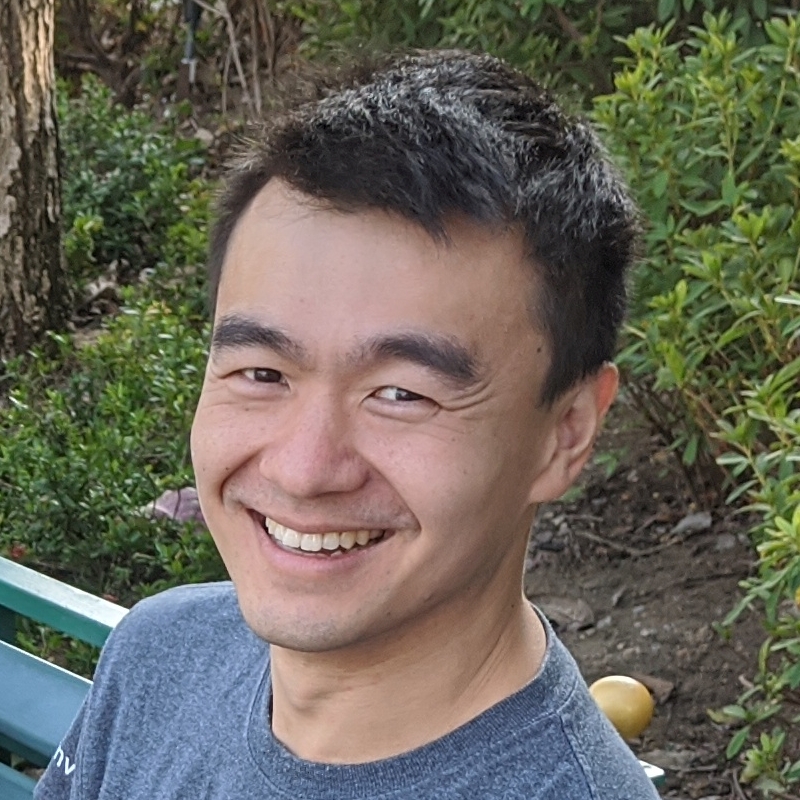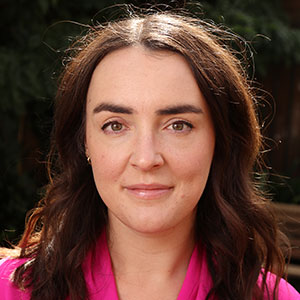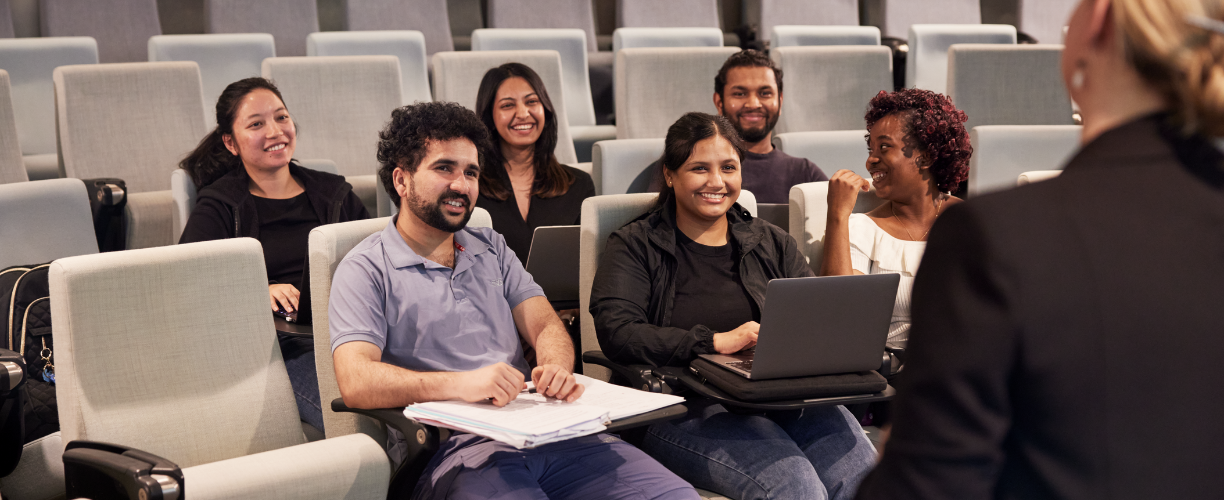ACAP’s Learning and Teaching Symposium heard from renowned AI expert Professor Danny Liu on how generative AI can revolutionising education – and why we should be doing it now.
AI should be seen as a cognitive partner to students and academics, a leading expert has told the ACAP University College Symposium.
ACAP University College hosted renowned AI expert Professor Danny Liu from the University of Sydney as the keynote speaker at the 2025 Learning and Teaching Symposium focused on generative AI (gen AI). Next Gen Pedagogy: Unleashing the Power of Generative AI. The symposium took place on Wednesday 20 March and explored how artificial intelligence can transform education ethically.
ACAP’s symposium comes at a crucial time when educational institutions across Australia are grappling with the incorporation of AI tools into teaching methodologies and preparing students for AI-integrated workplaces. Professor Liu brought his expert analysis and insights on the topic to his keynote address.

A microbiologist by training, Professor Liu is currently a Professor in the Educational Innovation team at the University of Sydney and has established himself as a leading voice in ethical gen AI use in education. He recently released videos on behalf of the Australian Government exploring the risks and opportunities of gen AI and its potential impact on academic integrity.
Professor Liu said he wanted to speak at the symposium because of ACAP’s standing as a practical and agile educational institution.
“I love learning from different perspectives from all parts of higher education and ACAP provides an industry-focused viewpoint that is invaluable,” he said.
“Higher education institutions should be building trust and shifting culture. We should be looking to the horizon beyond what is immediately in front of us and should be thinking deeply about what we are teaching, why we are teaching it, who we want our students to become, and how do we get them there.”
One element Professor Liu addressed was common misconceptions about the role AI should play.
“Many people think that generative AI is there to do your work for you, they see AI as something that drafts things which we check and approve,” he said.
“It’s probably more helpful to see AI as a partner or collaborator that you can bounce ideas off and get fresh perspectives from.”
He spoke at length about the need for students to develop employable skills in AI and contemporary technology, and reframing AI as a “cognitive partner” that can enhance and assist academic and clinical work.
“An important mindset shift is to think of AI not as a threat, but as an opportunity,” he said.
“It also helps us as [higher education institutes] to move from blocking and detecting AI, which are all policing activities, to thinking about the possibilities available to us if we work alongside AI.”

AI at work at ACAP
Alongside Professor Liu’s address was a panel discussion on the “Cogniti Project,” a divisional curriculum initiative used by both ACAP and SAE University College that features custom-built collaborative AI tools.
Dr Susan Abel, Senior Lecturer in Psychological Sciences, also presented on her practical applications of gen AI for enhancing productivity in education and research and the symposium heard from ACAP Dean Professor Christopher Klopper and academic integrity leaders on institutional policies around AI use.
Organiser Gina Saliba said focusing the symposium on gen AI was a deliberate decision, to tackle the developing technology, and ethical questions surrounding it, head on.
“We get asked a lot about generative AI – where we stand with that in terms of policy, in terms of practice, how do we embed that in the curriculum, how do we use it with students and how do we prepare our students for using AI,” she said.
“As an institution, embracing it and knowing the best practice around how to use it and all the creative ways of using it, but also helping our students understand that and how to use it ethically is really important.”
Professor Klopper said higher education needs to adapt to these technological changes with some urgency.
“Gen AI is re-shaping society, education and the way we work,” he said.
“ACAP wants to ensure that the professionals of tomorrow in the human services are well prepared to contribute and shape the future. In order to ensure ACAP graduates are ready to seize the technology, academic teachers need to embrace the opportunity to enable, evolve, and enact.”





